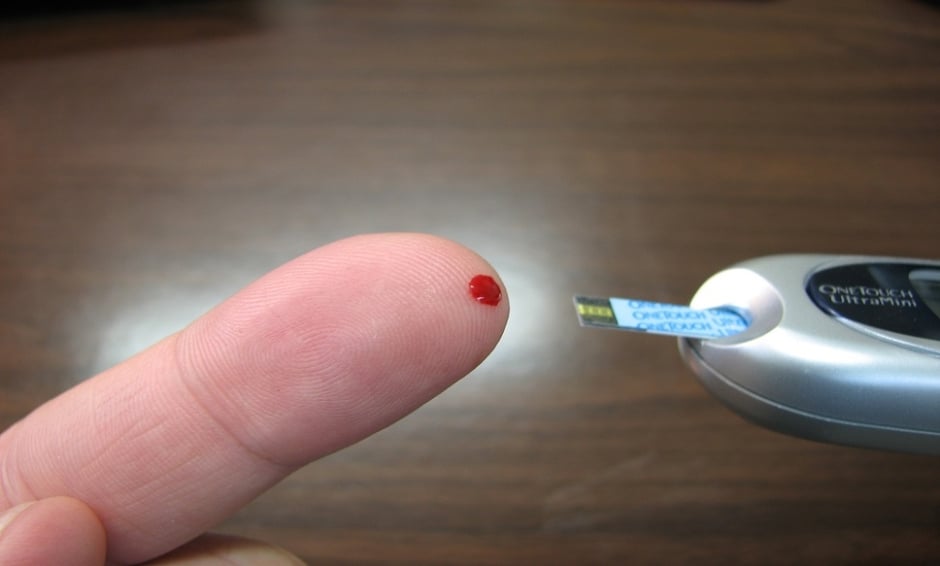EOSINOPHILS, a specific type of immune cell, may present as a new target for the treatment of Type 2 diabetes mellitus and obesity-related hypertension. A collaborative study conducted by researchers at Lund University, Lund, Sweden; University of Manchester; and University of Salford, Manchester, UK discovered that the number of eosinophils was greatly reduced in specific tissue layers of obese mice.
Eosinophils are a type of white blood cell found within a layer of fat tissue, known as the perivascular adipose tissue (PVAT). This tissue layer surrounds neighbouring blood vessels and modulates vascular contraction as well as helping to maintain typical blood vessel function.
This study was the first to identify a correlation between a reduction in eosinophil count within obese mice and observed impairment in PVAT function. This reduced function contributed to the development of Type 2 diabetes mellitus and obesity-related hypertension. More specifically, researchers were able to mimic the obese phenotype using eosinophil-deficient mice. They demonstrated that eosinophils regulate healthy PVAT by influencing the release of nitric oxide and adiponectin, which both play a key role in maintaining correct PVAT function.
Lead researcher, Dr Sheena Cruickshank, University of Manchester, Manchester, UK commented on the findings, explaining: “Our study showed that in fact the secretions from eosinophils have a profound effect on how the blood vessels operate when they are missing, as in obesity, serious health problems can start to develop.”
Normal PVAT function was restored after re-introduction of eosinophils in the eosinophil-deficient mice. This discovery suggests that restoration of eosinophils to eosinophil-deficient PVAT may be a viable future treatment for patients with these conditions. Cruickshank added, “These immune cells have been traditionally overlooked, but this study shows for the first time that they have a direct role to play in processes in the body beyond the immune system.”
Speaking about the unique role of eosinophils, Cruickshank concluded: “They seem to be incredibly important in a number of processes and this presents us with an exciting new area to investigate for a whole range of diseases.”
(Image: freeimages.com)








